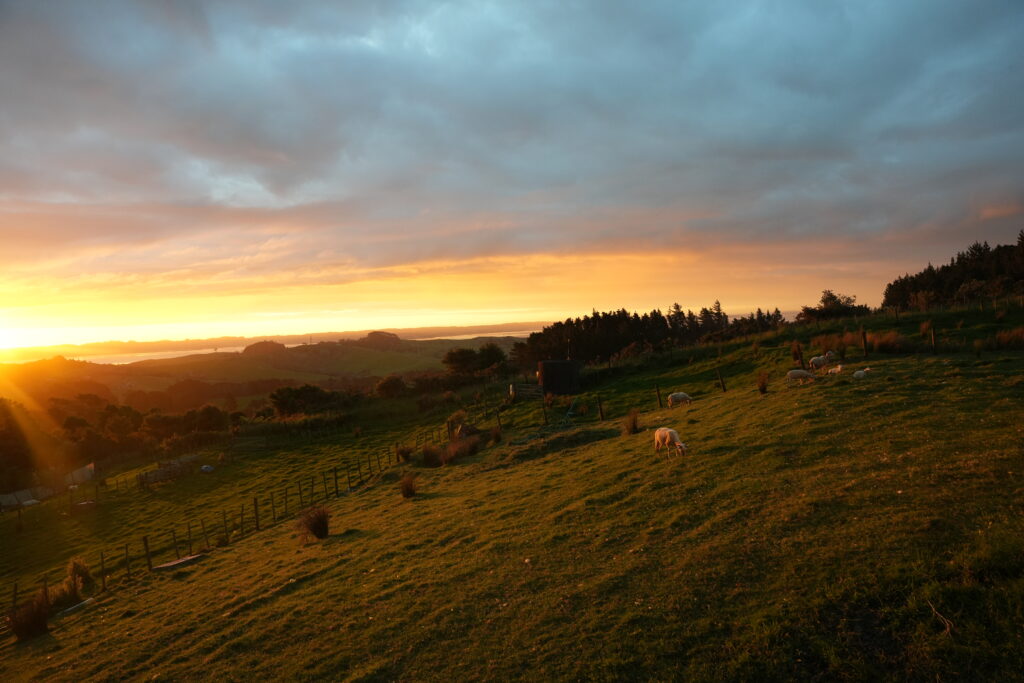When Something Feels Off, We Notice

You know that feeling when something just feels… off? You can’t always explain it right away. But your instincts pick it up long before your brain does.
I’ve been noticing it more and more online lately.
The other day, I saw a post on Facebook. It was a gorgeous IKEA hack — an elaborate bookcase and cabinetry setup — the kind of thing you click on for inspiration. But the top comment pointed out that if you looked closely at the books on the shelves, you could tell the image was AI-generated. Then more people jumped in: “If only I had a room that big,” “Wait, this isn’t even real?”
What started as a moment of creative inspiration turned into a small betrayal.
(Yes, yes, I succumbed and spent too long reading the comments.)
I’ve seen it elsewhere too.
I watched a reel on Instagram recently — a drone flying through a skier mid-run. It was breathtaking at first. But the top comment said what I was already thinking: “Sad that now my first instinct is wondering if this was made by AI.”
It reminded me of the early days of CGI — when moviemakers created realistic-looking disaster movies (well, realistic for the time). Back then, it was jaw-dropping. Now, that same kind of technology — faster, cheaper, more convincing — is in the hands of everyday content creators. And because of that, the awe, the realness, the human effort — it all feels a little more fragile.
It’s not just individual posts either.
I recently saw a “sadly, we’re closing down” sale for a store in a small New Zealand town I know. But I’d never heard of the store, and when I checked their website, there was no real address, no mention of where the store was located, nothing that grounded it in reality. A quick search confirmed it: a scam. AI-generated storefront photos, fake reviews, no physical presence at all.
It wasn’t just misleading. It was manipulative. And it made me second-guess the real businesses doing it tough out there.
Then yesterday, I got a Facebook friend request from a distant family member — or so I thought. The account name was his name plus “funeral livestream,” and he had just passed away the day before. Someone had stolen his photo and set up a fake account, probably trying to charge people for access to the funeral livestream.
It made me feel gross.
Even small things hint at it.
I notice it when a small business website has customer testimonials, but the photos of the “customers” look overly polished, like stock images or headshots from a modeling agency. Maybe that level of gloss makes sense for a huge corporate brand. But for a small business, it doesn’t feel right. It doesn’t feel real.
Maybe we can’t always spot it immediately. But often, something feels off.
Just like when you meet someone who’s trying too hard to build a connection at a networking event, or someone who stands too close in your personal space. You can’t always name it on the spot. But your instincts know something isn’t right.
They’re often not a genuine, trustworthy person.
They’re looking to make a quick buck off you or use you for your connections.
(Side note: I have a personal pet peeve — if someone calls me “Rach” the first time we meet, it’s an instant red flag. It takes time to build that kind of familiarity — and real connection always does.)
It’s the same online.
Everywhere I look right now, there’s more content being made faster, cheaper, and easier than ever before. But something important is getting lost.
We can usually tell when something is real. And we can tell when it’s not.
That’s why building a real, grounded presence online matters so much — whether it’s your website, your blog, your newsletter, or anything else with your name on it. Because when everything else feels automated and manufactured, real stands out.
At cre8d design, that’s what we focus on every day: creating websites that don’t just look good, but feel trustworthy and real. The kind of sites people want to spend time on, because they feel something human behind them.
When someone writes a real blog post, sends a heartfelt note (like Dianna recently shared in her newsletter), or shares a slightly messy, totally human photo (like Mrs Madi shared a glimpse of her kitchen dishes on Instagram), it cuts through all the perfection and noise.
Connection is what people long for and remember. Keep showing up real. It matters more than ever.
